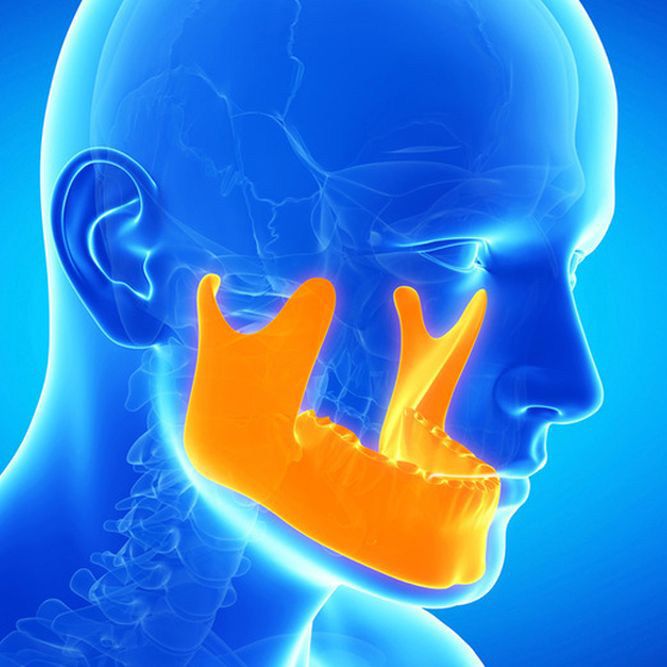Dental Problems and Jaw Pain
By John Rink DDS on November 13, 2015
 Does your jaw hurt? Do your jaw muscles feel strained or tired? Do you feel pain when opening your mouth, or are you sometimes unable to close it all the way? These jaw problems can be caused by bruxism (chronic teeth grinding) and temporomandibular joint (TMJ) disorder. To treat these problems, Dr. John Rink offers various restorative dentistry treatments. To undergo treatment for dental problems and jaw pain, contact our Charleston, SC practice today.
Does your jaw hurt? Do your jaw muscles feel strained or tired? Do you feel pain when opening your mouth, or are you sometimes unable to close it all the way? These jaw problems can be caused by bruxism (chronic teeth grinding) and temporomandibular joint (TMJ) disorder. To treat these problems, Dr. John Rink offers various restorative dentistry treatments. To undergo treatment for dental problems and jaw pain, contact our Charleston, SC practice today.
Oral Harmony
The mouth is a complex system that relies on the teeth, jawbones, jaw joints, soft tissues, and salivary glands working together to function properly. If a problem affects just one of these areas, pain and other side effects can occur.
Occlusion refers to how the upper and lower teeth fit together when the mouth is closed. The teeth on your upper arch should correspond with the teeth on your lower arch. This balances the jaw joints and allows the jaw muscles to relax. If cases of malocclusion, the teeth or bite may be misaligned when the jaw is closed. This can cause the jaw muscles to become overworked, often resulting in bruxism or TMJ disorder.
Bruxism
Bruxism, or chronic teeth grinding, causes the upper and lower teeth to grind together. In most cases, this occurs when you sleep. Over time, bruxism leads to cracked, worn teeth, and can contribute to TMJ disorder.
Bruxism may be treated by addressing any tooth or bite alignment issues that may be present. In other cases, bruxism is caused by stress. Stress reduction techniques may help reduce bruxism, or we can have a custom mouth guard fabricated. The mouth guard prevents the teeth from grinding against each other when you sleep.
TMJ Disorder
TMJ disorder occurs when the jaw joints become inflamed or misaligned, causing discomfort and difficulty opening and closing the mouth.
Treatment options for TMJ disorder include:
- An oral splint: Your dentist can create a custom-fitted oral splint for you to wear at night. The appliance will hold your jaws in the proper position so that the muscles can rest while you sleep. In addition, the splint keeps upper and lower teeth from touching, preventing bruxism.
- Equilibration: Patients with TMJ disorder due to malocclusion will need equilibration, which enables the dentist to re-balance the bite. Equilibration usually involves placing crowns on the worn down teeth to reestablish proper occlusion. If the patient is also a teeth grinder, a night guard should be worn after equilibration to ensure that the newly restored molars are not damaged.
In addition, patients who suffer from TMJ disorder should practice stress-reducing exercises, limit or stop gum chewing, and avoid habitually chewing on non-food items, like fingernails and pen caps.
Contact Us for an Appointment
You don’t have to suffer from jaw pain, and you may not need surgery to correct your jaw problem. If TMJ disorder, bruxism, or malocclusion are the cause of your jaw pain, Dr. Rink will assess your condition and recommend appropriate treatment. Contact us today to schedule your appointment at our dental office.

